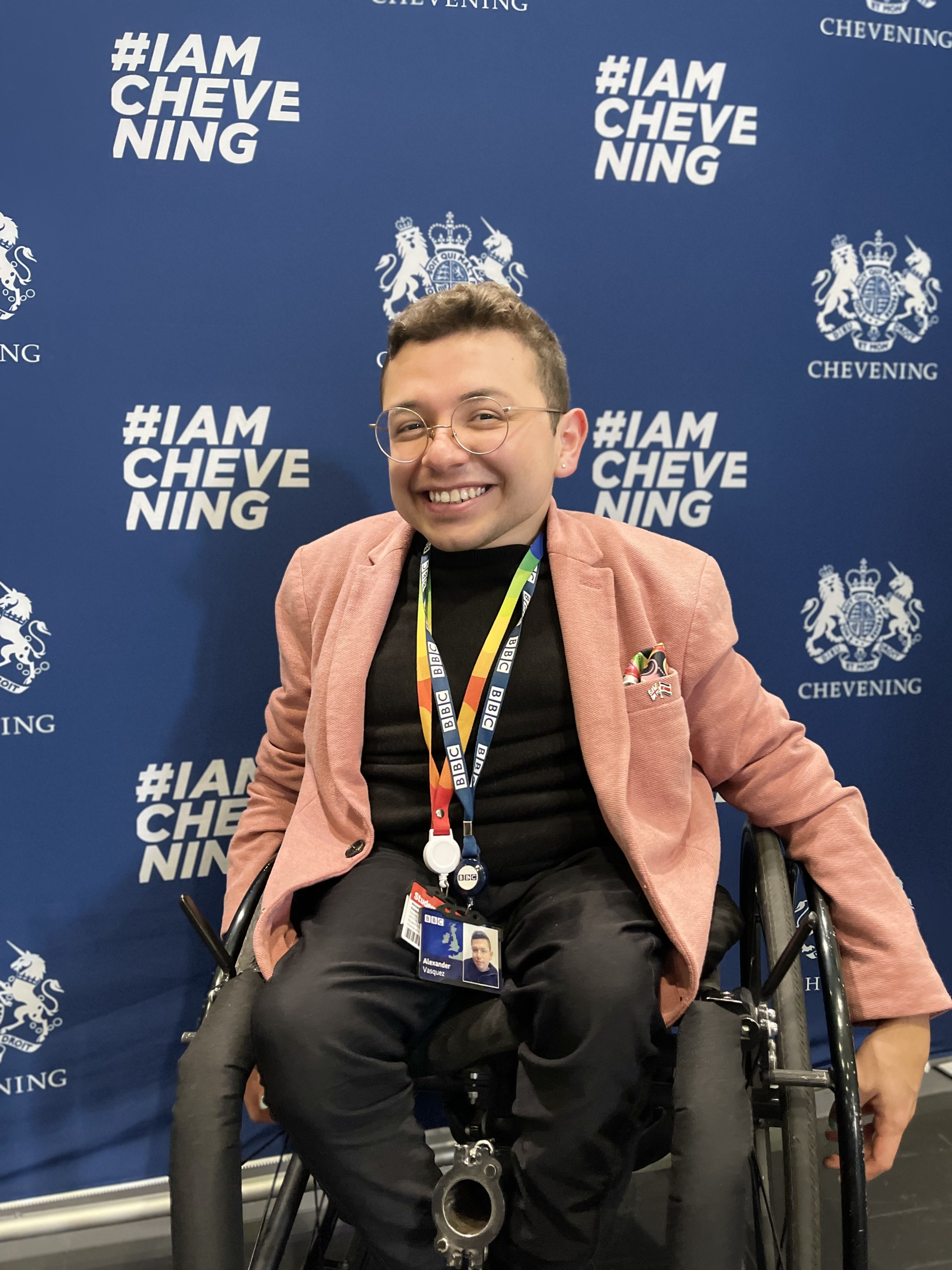
Meet Alex Vasquez (@TheWheelsBlog)
Alex Vasquez is a 27 year old digital content creator and communicator known as TheWheelsBlog online. He is an advocate for disability and sexuality rights and uses his platforms to make a difference. Alex is originally from Costa Rica but moved across to London in 2021 to study abroad. He has a love for travelling and witnessing how people with disabilities live in their own corners of the world.
Tell us more about your advocacy work. What is it all about and what made you want to start advocating in the first place?
I focus specifically on the intersection of sexuality and people with disabilities. I came out as a queer person back in 2011, when I was only 15 years old. That was when I first realised that I combined in my identities, two very different communities that were not exactly contributing to the acceptance of the other. In reality, in most of the places I have visited, the discrimination against one another is persistent. Non-disabled queer people don’t usually accept those with disabilities and even build spaces for sexual exploration that aren’t disability friendly. And straight cisgender disabled people usually discriminate a lot against sexual diversity. Through this first understanding, I identified the gap of representation of people who could identify with more than 2 communities. People who are intersections, bridges, and hubs. Now I run a online blog (@TheWheelsBlog) on TikTok where I try to evidence this intersection through the themes of access, travel, and so much more.
What was it like to grow up gay and disabled in Costa Rica?
It was complicated. On the positive end, I grew up in a very loving and accepting family, which is rare for a Latin American country. So I was able to always prioritise my own identity and authenticity before anything else. However, it was also very challenging as I grew older and didn’t get the equal opportunities of exploration that my age peers were having. For example, I hung out with my friends even in my undergrad years in the same spaces as in high school: the movie theatre, the shopping mall, and local cafés. I wasn’t able to go to bars as often as I wanted because most of them were not wheelchair friendly. And even when I did attend those spaces, the reality always hit me that people access was not yet there. Other gay men would treat me as a child and not consider me an option.
How did your experience of being gay and disabled change when you moved to London?
I think I can best summarise this (as it is many things all at once) by stating that London helped me put the logistics of my life to a secondary level of priority. All of sudden, the NHS would cover all the medications I needed for my diabetes. Transport would be free as a wheelchair user. I could attend a wheelchair friendly gym. Most bars and pubs were adapted. My independence grew exponentially as I started living on my own. And with this, my main investment came to be my own self and growing as an adult which I needed in order to start also exploring my sexuality and my interactions with any human in general.
Let’s talk about dating, have you noticed anything different about the dating scene in London as a gay and disabled person, compared to back home in Costa Rica?
The changes are not major I will say. There is still much isolation for people with disabilities in their sexual lives. The infantilisation is still here and hasn’t changed much. But I will say that I can perceive an overall increase in how people are more receptive to learning about disability and applying that to their dating lives. This is probably due to the diversity hub that London captures from so many walks of life and places in the world. I do feel more accepted and understood. And there are certainly services and programs dedicated to raising awareness to this. I don’t feel as alone here. And the dating apps have sometime even worked! This was not the case back home.
Travel seems to be a big part of your life, do you encounter any notable differences travelling between countries, not just as a gay man but also as a disabled person?
Yes!!! Being a disabled tourist in the UK and in Europe is so much easier. There are trains and commuting systems already made accessible for you. Hotels and other staying venues have already experienced hosting people with disabilities before. Travelling is still much more expensive for us here. Hotels are very expensive when getting a disability room, but I am very happy that I can make these travelling projects with more places in mind and activities to do than back in Costa Rica, where the United States and Canada would be my options if I wanted certainty that these would be disability friendly destinations. I even found a wheelchair friendly beach in Barcelona, one of my favourite cities so far, I had such a beautiful short time there. I felt seen.
What would you say is the best approach to inclusion and support for disabled people? What are your thoughts on a one size fits all approach?
I believe we need to start thinking of inclusion in a case by case basis. I understand why an initial solution to an issue would necessarily be a standard measure, but systems need to become more flexible in researching for different cases and their circumstances. Sometimes, we will know what is best for us, so listen to us. Sometimes we won’t and we will all need to do some research together. As long as authorities continue to be trained on disability, which I think the most important part of understanding disability is exactly that: listening.
Real access doesn’t come with lifts, wheelchair friendly tube stations, or screen reading software. Real access is when you are able to connect with other humans who do not understand you, but who are willing to learn from your disability and your needs. Who are willing to be your employer, your teacher, your peer, your bestie, and even your lover.
Each disability has its own challenges. Let’s embrace that.



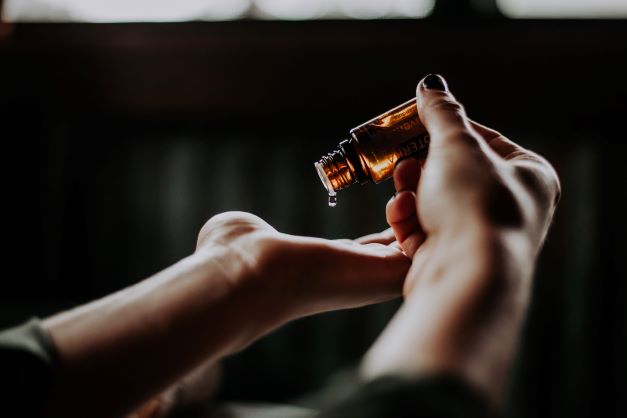

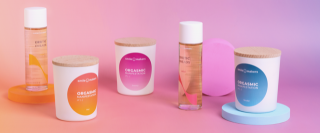
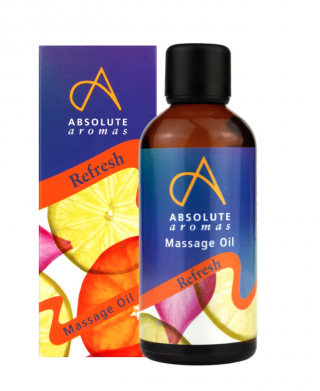


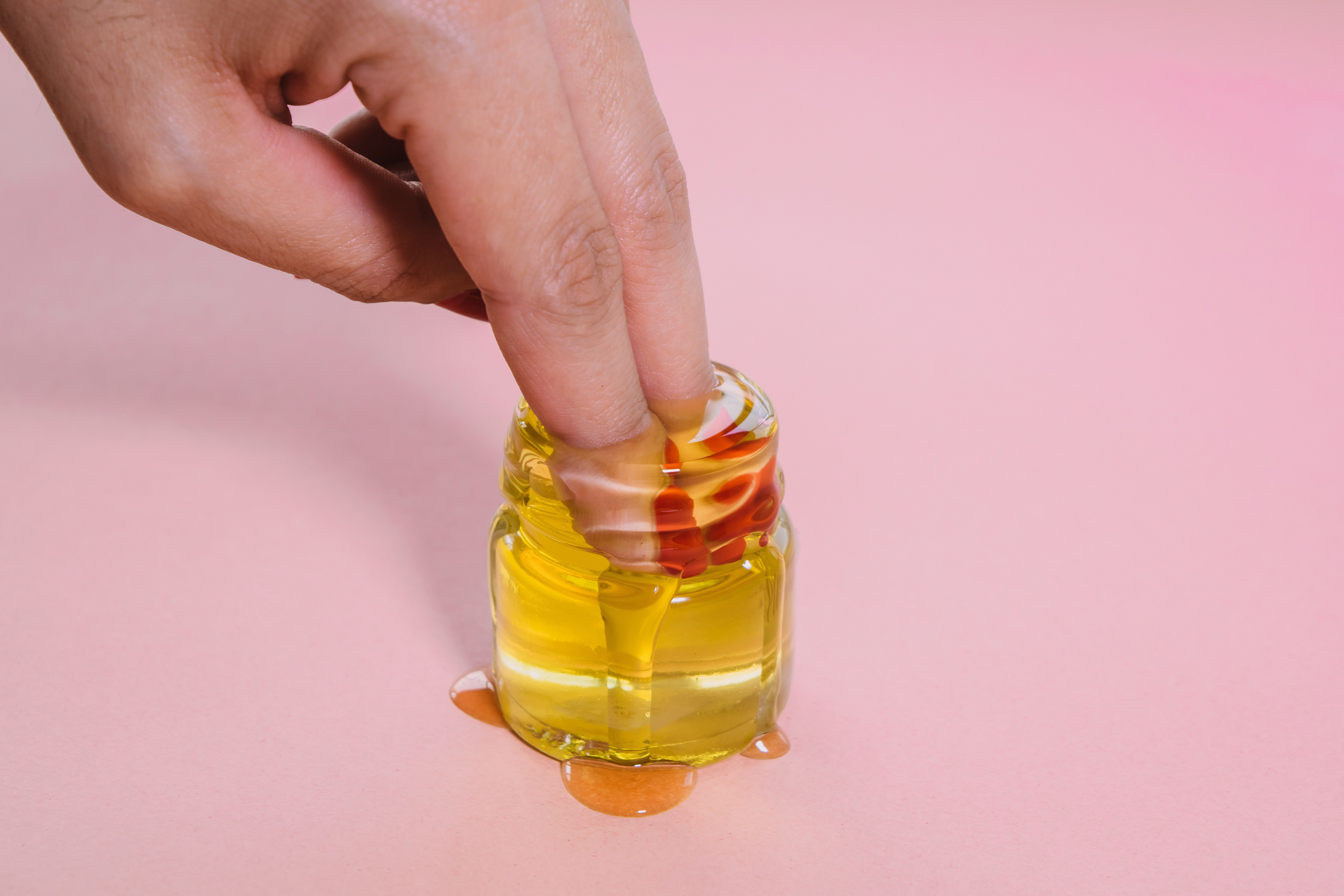

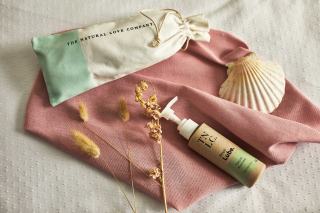
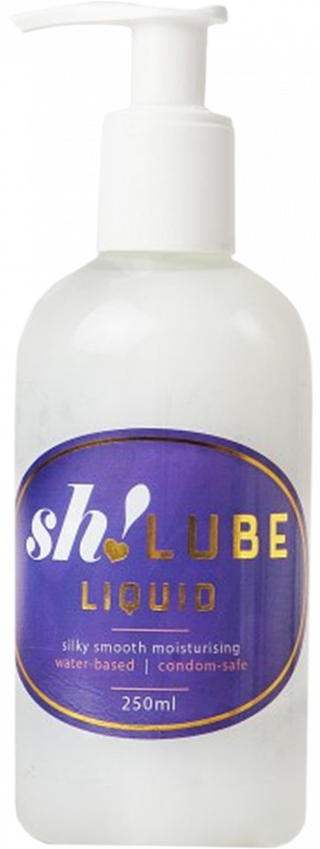
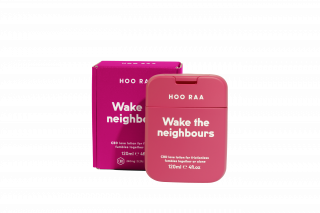 it’s not the most expensive CBD lubricant out there. It contains 240mg of CBD isolate.
it’s not the most expensive CBD lubricant out there. It contains 240mg of CBD isolate.

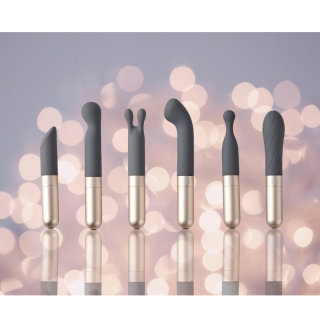
 e Joy is definitely one for the couple who enjoy a bit of tech and a fancier vibe. The C-shaped vibrator is matched to an app which can be used as a remote control.
e Joy is definitely one for the couple who enjoy a bit of tech and a fancier vibe. The C-shaped vibrator is matched to an app which can be used as a remote control.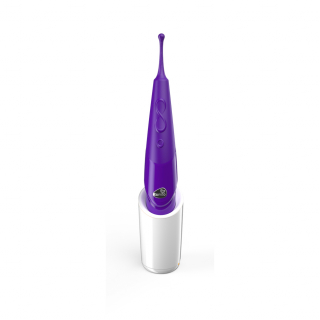

 Online dating
Online dating 

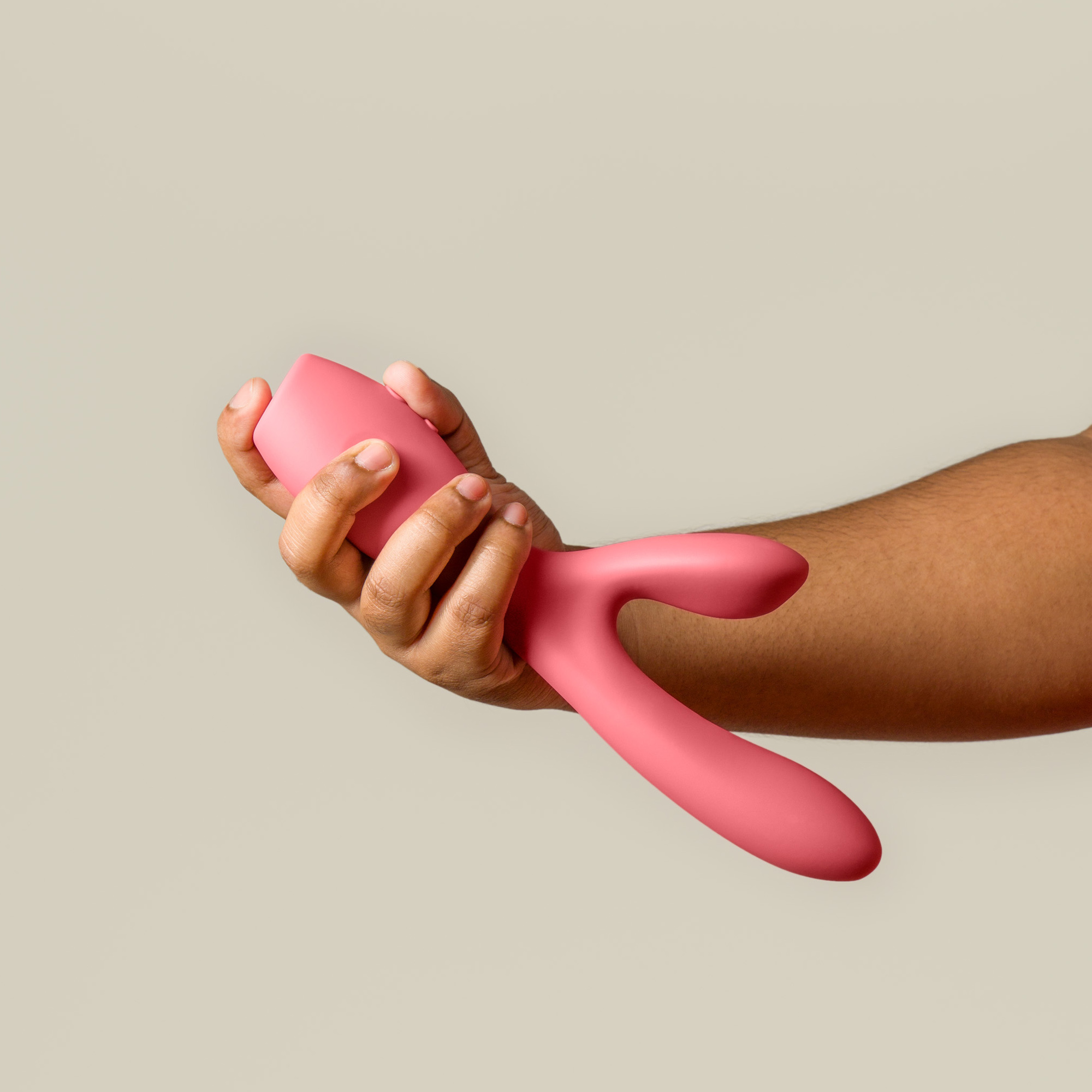
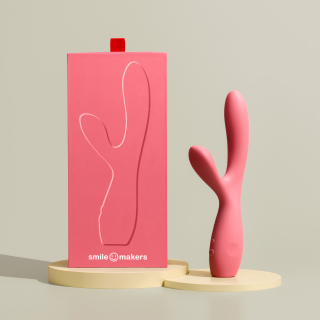 The Smile Makers. The artist vibrator
The Smile Makers. The artist vibrator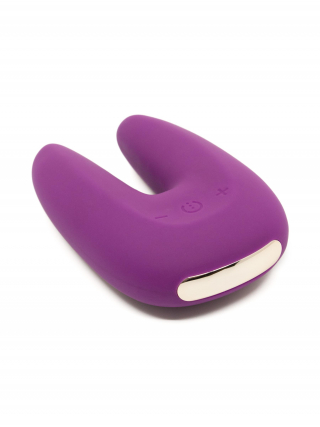 Ann Summers. The Whisper Clitoral stimulator
Ann Summers. The Whisper Clitoral stimulator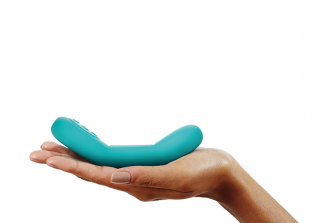 Mystery Vibe. Poco vibrator
Mystery Vibe. Poco vibrator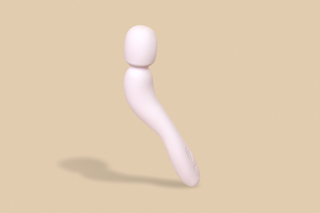 Dame products. The Com
Dame products. The Com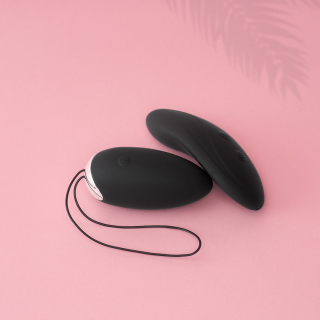 Sinful 2 in 1 Bliss
Sinful 2 in 1 Bliss